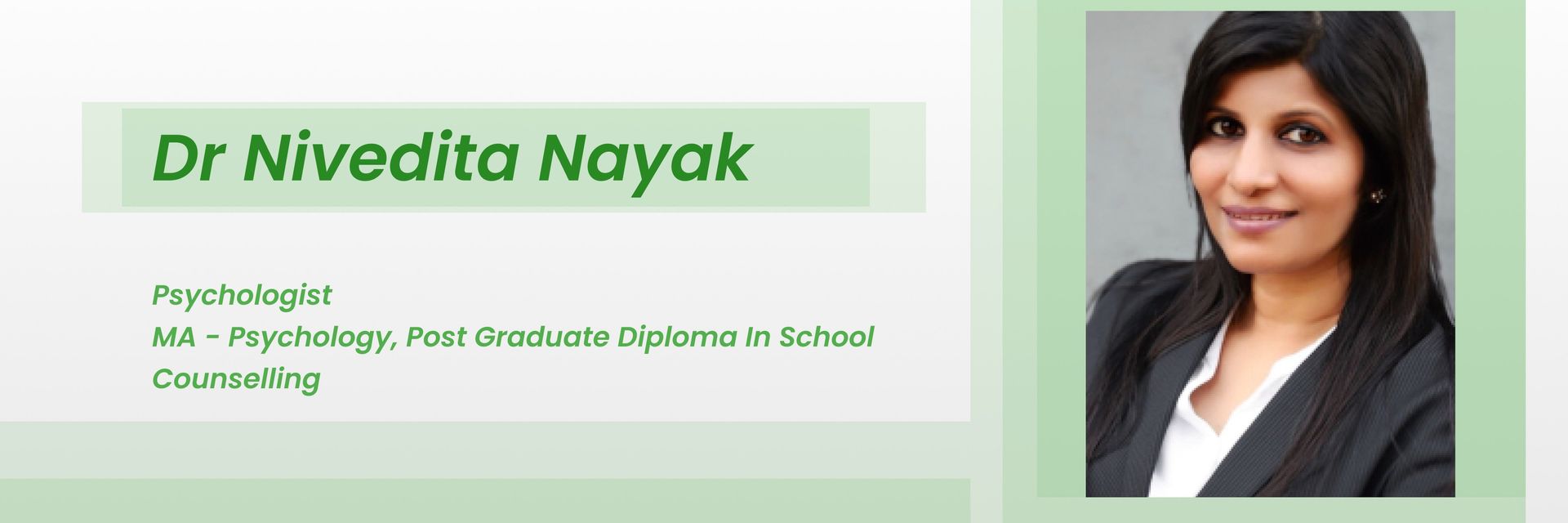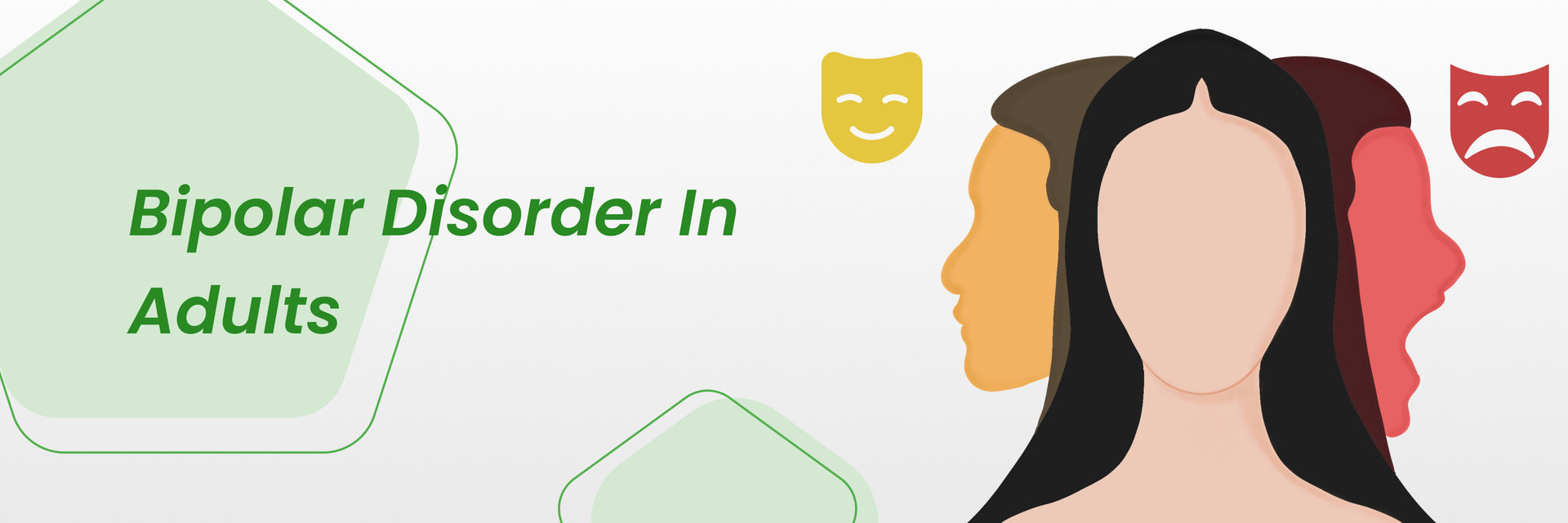Overview
This article highlights the urgent need for personalized, culturally competent mental health care in today’s hyperconnected world. As digital burnout and emotional isolation rise, licensed therapists especially those accessible through platforms like Aetna are crucial for delivering meaningful, specialized support. From remote therapy to inclusive practices, the future of mental health care lies in human connection, not just digital convenience.
The Modern Mental Health Crisis: A Silent Epidemic
In a time where society is more connected than ever, loneliness, anxiety, and depression are reaching alarming levels. The paradox of hyperconnectivity has given rise to a generation grappling with mental health struggles in silence. While the world flaunts progress in technology and innovation, millions quietly battle invisible illnesses behind their screens. In this rapidly shifting landscape, licensed mental health professionals, including an Aetna Therapist, have become a lifeline, offering structured, confidential, and tailored therapeutic support.
The Surge in Demand for Remote Therapy
The traditional model of in-office therapy has transformed. Video sessions, encrypted chat platforms, and telehealth innovations have opened a new frontier in mental healthcare. The stigma around seeking therapy has slowly been replaced by an embrace of wellness and self-actualization. But as access grows, so does the complexity of navigating insurance networks and finding licensed providers. Individuals no longer just seek help they seek the right help, tailored to their schedule, financial needs, and personal background.
Why Personalized Therapeutic Care Matters More Than Ever
The one-size-fits-all approach is obsolete. Mental health challenges are deeply personal, rooted in a mix of biology, upbringing, and environment. Professionals today are tasked not only with understanding psychology but also with decoding the unique narrative each client brings. This requires a combination of academic expertise and cultural intelligence. Matching with a therapist who recognizes the nuances of one’s lived experience is often the turning point in a successful mental health journey.
Insurance Networks and the Myth of Accessibility
While insurance may claim to offer broad mental health coverage, finding a provider within a network who is accepting new patients, fits the patient’s needs, and offers timely appointments is another matter. The process can be demoralizing. People are left navigating endless directories, outdated databases, and red tape. This often leads to delays in care or abandoning the search altogether. It's not a matter of availability it’s a matter of accessibility. Simplifying this process and connecting individuals with in-network therapists quickly and seamlessly must be prioritized in the evolving healthcare ecosystem.
Mental Health and Societal Change: A Tipping Point
The global conversation around mental wellness has intensified, particularly post-2020. Workplace culture has shifted; remote jobs have blurred the boundaries between personal and professional life. Social media platforms, once celebrated for democratizing expression, now come under scrutiny for their role in amplifying anxiety, self-esteem issues, and social comparison. Gen Z and Millennials are particularly affected, with rising levels of burnout and emotional exhaustion. These societal shifts demand a new wave of therapists who are not just clinicians but adaptive listeners fluent in modern pressures.
Specialization: The Key to Effective Therapy
With rising awareness comes greater understanding of the diversity within mental health diagnoses. Trauma, ADHD, complex PTSD, eating disorders, and high-functioning anxiety are no longer niche topics. Today’s clients are informed and often arrive with a strong understanding of their symptoms. They seek therapists with experience in specific modalities such as EMDR, CBT, or DBT. Specialization is no longer a luxury it’s an expectation. Providers must meet this need by diversifying their therapeutic toolkits and maintaining an ongoing commitment to continuing education.
Cultural Competence and Inclusive Practice
Therapy must be a safe space, but safety is subjective. For marginalized communities, therapy can feel inaccessible due to cultural, racial, or linguistic barriers. Cultural competence is not a buzzword; it’s a core requirement. Therapists must offer inclusive, affirming spaces for individuals across ethnicities, gender identities, sexual orientations, and belief systems. Without this, the trust required for therapeutic progress cannot exist. Clients now look for providers who not only have credentials but demonstrate lived or learned empathy for their experiences.
Mental Health Support for High-Performance Individuals
Executives, athletes, and entrepreneurs are facing a hidden pandemic of pressure. The pursuit of peak performance often masks deep-seated stress, impostor syndrome, and burnout. Therapy in these cases requires a unique approach combining psychological insight with strategic guidance. These individuals seek therapists who understand ambition, leadership dynamics, and the weight of public perception. Confidentiality and discretion are paramount, but so is precision. The right mental health support enables these high performers to sustain excellence without sacrificing well-being.
Therapy in the Age of AI and Digital Surrogacy
Artificial intelligence is revolutionizing nearly every field, including mental health. Chatbots offer pre-programmed empathy, and algorithm-driven platforms match users with virtual counselors. But as digital interventions rise, the human touch becomes more valuable. A nuanced therapist brings intuition, presence, and adaptive communication that no AI can replicate. The future may blend tech and touch, but authentic human interaction remains irreplaceable at the core of emotional healing.
Rebuilding Trust in Mental Health Systems
For many, the mental health system has failed before. Misdiagnoses, generic treatment plans, and impersonal sessions have left scars. Rebuilding trust is a slow but critical process. It begins with transparency around credentials, methodologies, and outcomes. Therapists who lead with integrity and humility are rewriting the narrative. The most effective therapeutic alliances are built on clarity, respect, and a shared commitment to growth.
Future-Proofing Mental Wellness
As mental health evolves from crisis management to proactive care, the role of therapy will continue to expand. From schools to workplaces, embedded mental health professionals are becoming the norm. Preventive therapy, mental health check-ins, and emotional fitness will soon be as routine as annual physicals. This shift marks a profound cultural change one where seeking support is seen not as weakness but as wisdom. Organizations and individuals alike must invest in this future by fostering environments where psychological resilience is a shared priority.
Conclusion: Standing at the Crossroads of Transformation
We are living in a pivotal era for mental health. The structures, systems, and attitudes of the past are giving way to a more connected, compassionate, and client-focused future. As we stand at this crossroads, the need for qualified, accessible, and culturally competent therapists has never been more urgent. For anyone navigating the often overwhelming world of mental health care, finding the right support, such as an Aetna therapist, can be the beginning of real, lasting change.






